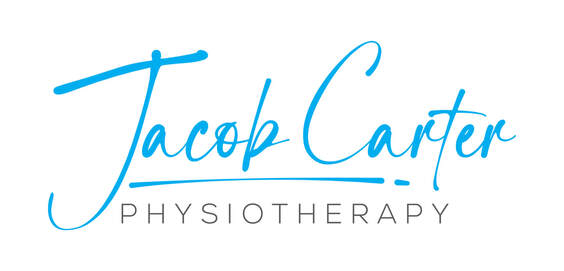|
Patients trust health professionals to accurately diagnose and treat their medical conditions. As a health professional, I aspire to provide the most effective service, which will result in 100% patient satisfaction. Despite the best intentions, some patients fall short of a full recovery. I have written this two part series to share a few clinical pearls with other rehab professionals, and to help lead athletes and members of the public down a path of discovery to expedite recovery. The first article will focus on what I believe to be the constituents of a full recovery. The second article will present common barriers to a full recovery, and how practitioners and patients can overcome them by working together. A Full RecoveryIn theory, a full recovery is simple; my patients must return to their previous level of function. In practice, many different variables must be addressed to ensure success. These variables are first discerned in the initial assessment but are revisited throughout the treatment to ensure a timely recovery. Ultimately when each variable is addressed, this signifies a full recovery (I will address these variables in Part 2). Functional RehabTo ensure that my patients have reached a full recovery, it is mandatory that I look at function during the initial assessment, various midpoints during rehab, and at discharge. It is surprising how often patients remark that only their specific joint was examined without a broader perspective of regional interdependence (how one area of the body affects another). I assess movement on an individualized basis; I change many variables of the tests as related to a patient's injury, acuity, and their goals (e.g. Functional assessment options for a lower body injury screen may include watching the patient stand up from a chair, walk, run, squat, lunge, perform step-ups, perform plyometrics, and/or their specific sport). A great starting point for a clinician may be using a system like the Selective Functional Movement Assessment (SFMA). By the end of treatment the patient should pass all of the criteria for the SFMA, and may graduate onto the Functional Movement Screen (FMS), or other higher level movements specific to their sport. When any limitations in function are found, my next step is to determine why they exist. A true limitation in function will exist for one of three reasons: 1) Joint Dysfunction 2) Connective Tissue Dysfunction or 3) Motor Control Dysfunction (inability to control your body's movement in simple and complex tasks). Moving forward, I will remember patterns of regional interdependence seen during the functional assessment, and use orthopedic (manual therapy) assessment skills to look at joint, muscle, tendon, ligament, fascial, nerve, and vascular function. Psychometric AssessmentLast but not least, I will assess psychometrics (e.g. A patient's readiness to commit to the rehab program, or readiness to return to life, work and sports). This, often forgotten, aspect of rehabilitation is very important; Sometimes after patients 'fall off the horse', it may be difficult to 'get back on the saddle'. To quantify and track progress in psychometrics, objective questionnaires may be used. Alternatively, I may assess this subjectively, during conversation. While I may use both methods depending on the case, my preference is to develop a relationship with my patients where we can have open conversations. I find questionnaires may occasionally delve deeper than my questions, but do not profoundly impact my clinical reasoning or treatment. In addition, the analysis of the results takes time and detracts from time spent conversing with and treating patients. In the case of clients involved in motor vehicle collisions (MVCs) or with the workers compensation board (WCB), these questionairesare often mandatory. Concluding RemarksIn summary, a full recovery encompasses complete return of musculoskeletal health, motor control (e.g. coordination), along with the confidence to use the body in its required environment.
0 Comments
|
Have you found these article to be informative, helpful, or enjoyable to read? If so, please visit my Facebook page by clicking HERE, or click the Like button below to be alerted of all new articles!
Author
Jacob Carter lives and works in Canmore, Alberta. He combines research evidence with clinical expertise to educate other healthcare professionals, athletes, and the general public on a variety of health topics. Archives
November 2022
Categories
All
|
|
|



 RSS Feed
RSS Feed